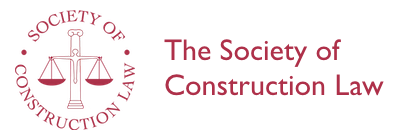The Limits of Adjudication: The impact of the European Convention on Human Rights
Andrew Bartlett QC
December 2014
A paper presented to the Society of Construction Law and the Technology and Construction Bar Association at a meeting in London on 2nd December 2014
It is widely assumed that a decision of an adjudicator under the Housing Grants, Construction and Regeneration Act is not subject to challenge on the ground that it violates the 'fair trial' Article 6 of the European Human Rights Convention. Andrew Bartlett QC confirms this view but goes on to discuss a recent case from the Court of Session (Outer House) in Scotland, Whyte & Mackay Ltd v Blyth & Blyth Consulting Engineers Ltd, in which the court relied on Article 1 of the First Protocol to the Human Rights Convention (deprivation of property) in order to refuse to enforce an adjudicator's decision. The judgment newly explores the relevance of the First Protocol to construction and adjudication and the paper considers critically the significance of the Edinburgh court's approach.
Introduction: the Human Rights Act - Challenging adjudication: relying on Article 6 - Adjudication challenged in Scotland: Whyte & Mackay v Blyth & Blyth - Background - Challenging the adjudication 'AIPI' - Interpreting the judgment - The significance of the judgment - Conclusions.
The author: Andrew Bartlett QC is a barrister and arbitrator practising at Crown Office Chambers, London.
Text: 9 pages
